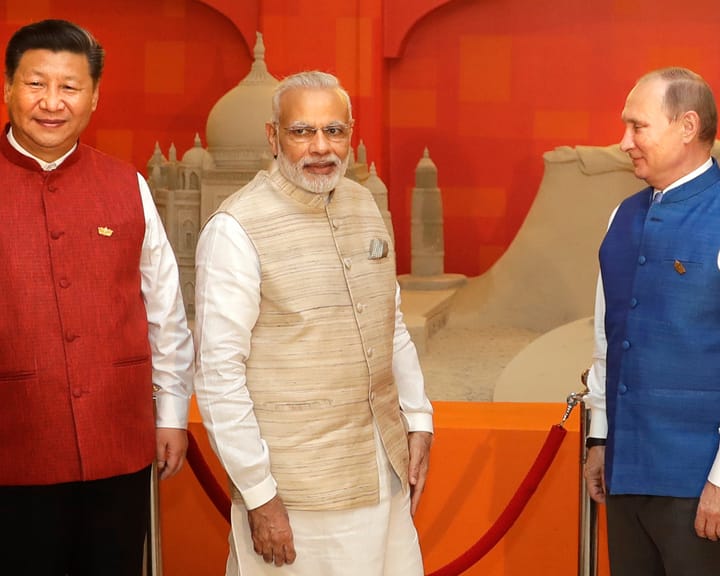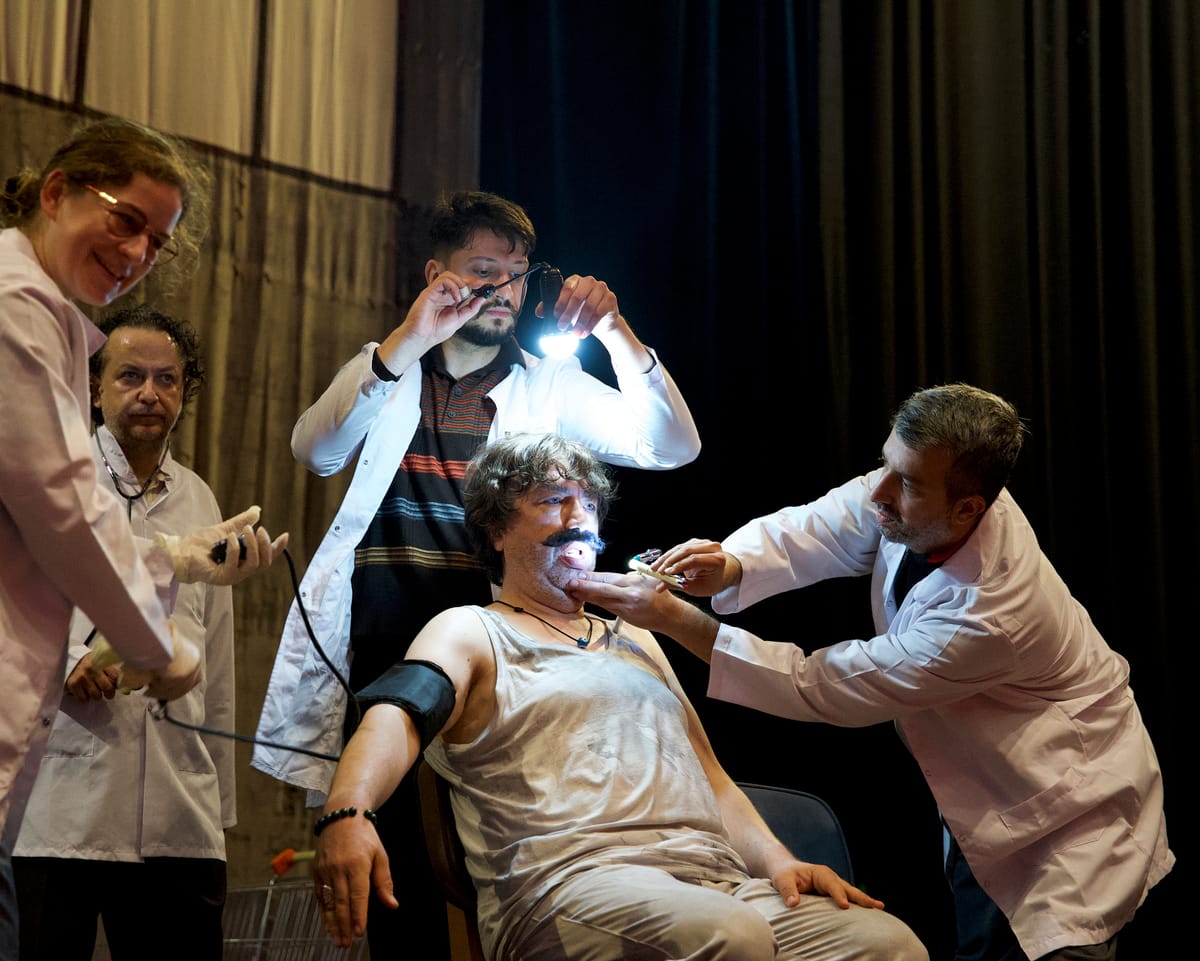The production revisits pivotal moments from Wallraff’s exposé, including scenes where Ali is denied medical care despite severe workplace injuries and when he is met with outright hostility from neighbors who refuse to rent apartments to foreign workers. The opera underscores how little has changed in some respects, with migrant laborers still facing systemic exploitation.
Yet the work also questions whether Wallraff’s approach would be accepted today without scrutiny. His disguise—darkened skin, a fabricated backstory—edges uncomfortably close to racial impersonation by modern standards. "Artistic license doesn’t erase ethical concerns," notes Ergen. "But the intent—to expose injustice—shouldn’t be dismissed."
Wallraff, now 81, remains unapologetic. "The goal was never to mock or caricature," he insists. "If discomfort forces society to confront its failures, that discomfort is necessary." His undercover work, including infiltrating a right-wing newspaper in the 1970s, has inspired generations of investigative reporters.
The docu-opera’s Weimar premiere drew mixed reactions. Some praised its unflinching portrayal of exploitation, while others questioned whether reenacting racial disguise perpetuates the very stereotypes Wallraff sought to dismantle. "Audiences must grapple with these contradictions," says Ergen. "There’s no easy resolution."
After its German tour, Lowest of the Low will open in London, inviting fresh debate on migration, identity, and the ethics of undercover journalism—proving Wallraff’s legacy endures, even as the methods spark controversy.
Read next

"UN warns of immediate starvation crisis in Gaza amid Middle East turmoil"
Gaza Faces Severe Food Shortages, UN Official Reports
We resume our ongoing reporting on the conflict in Gaza. Cindy McCain, head of the UN World Food Programme, stated that the lack of food in Gaza is "very evident," with clear signs of starvation in the region.
Her remarks

Modi to visit China after 7 years, meets Xi and Putin amid US tariff tensions
Indian Prime Minister Narendra Modi Arrives in China Amid Shifting Global Ties
Indian Prime Minister Narendra Modi will arrive in China this weekend for his first visit in seven years—a trip that brings him alongside Chinese President Xi Jinping and Russian President Vladimir Putin at a time when India’

Thai court to decide PM's future amid phone call leak controversy
Thailand’s Constitutional Court to Rule on Prime Minister’s Future Over Leaked Call
Thailand’s constitutional court will rule on Friday whether suspended Prime Minister Paetongtarn Shinawatra should be dismissed from office over remarks made during a leaked phone conversation with Cambodia’s former leader.
Paetongtarn, the country’s

